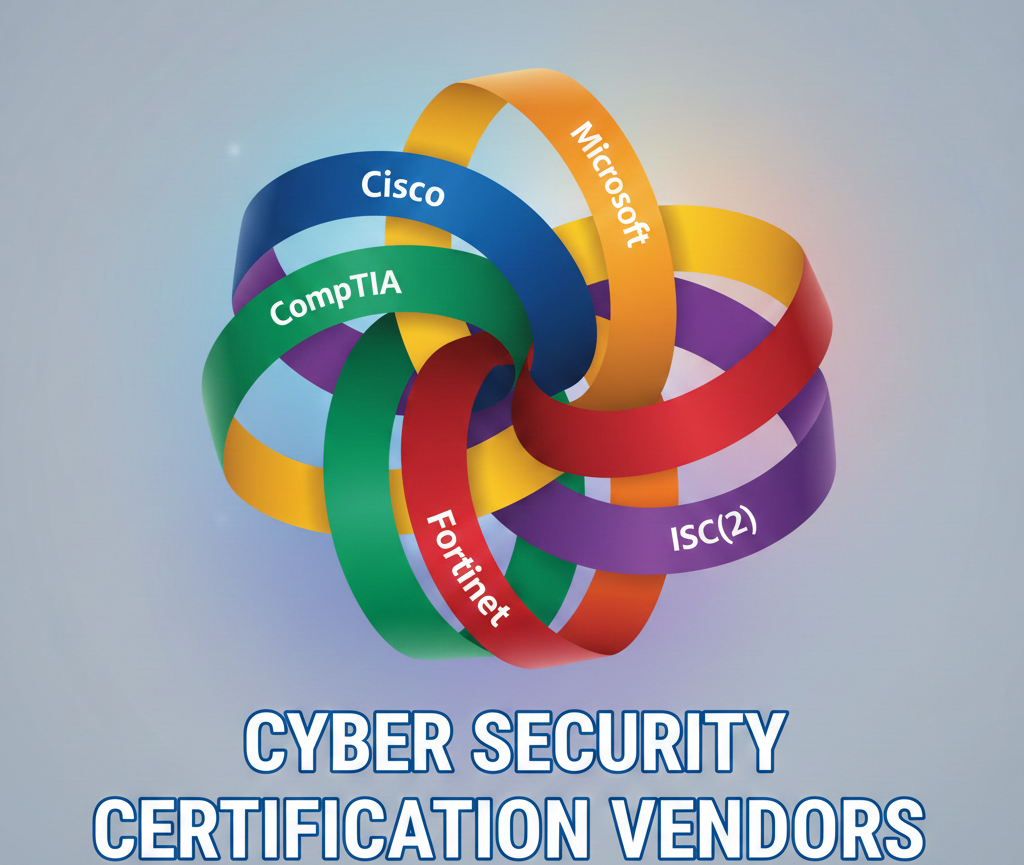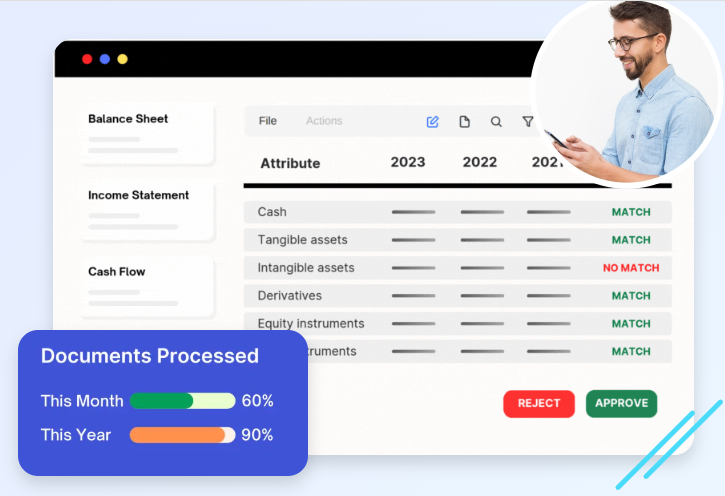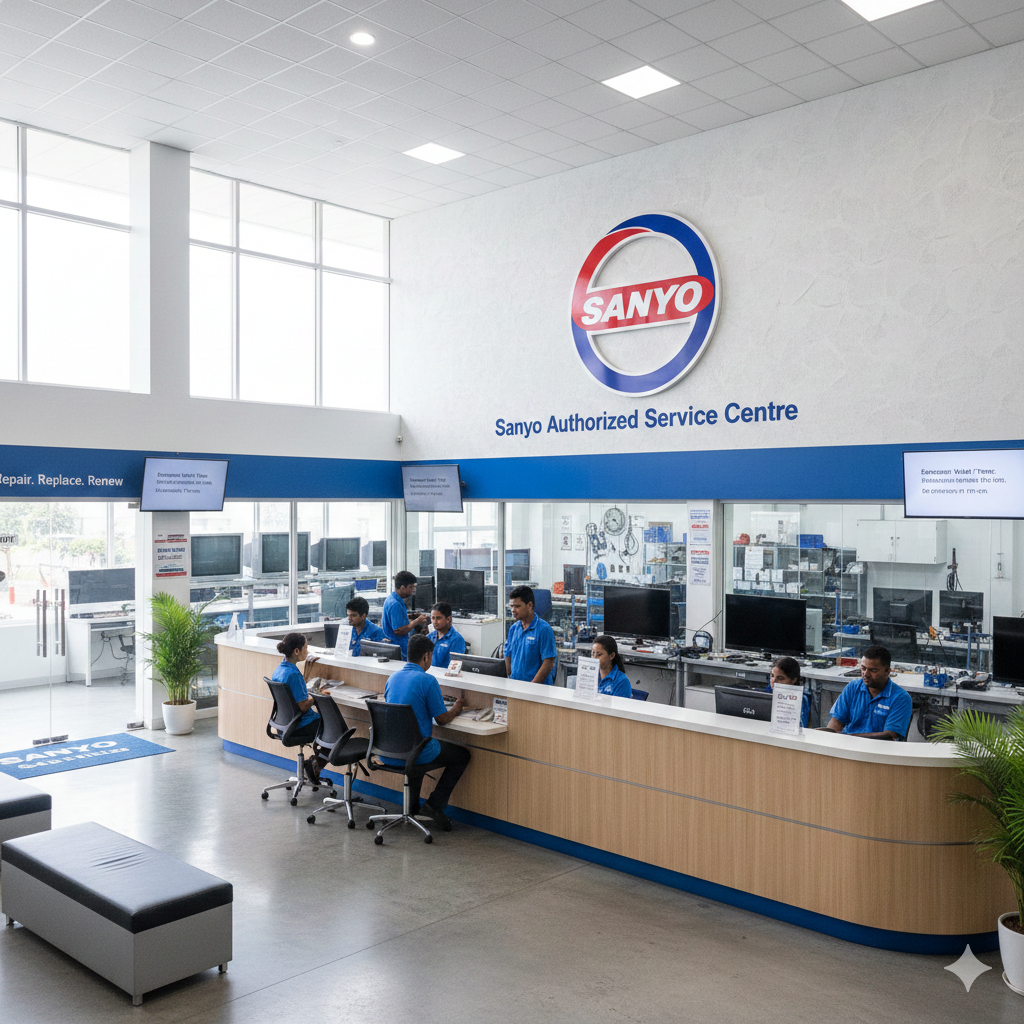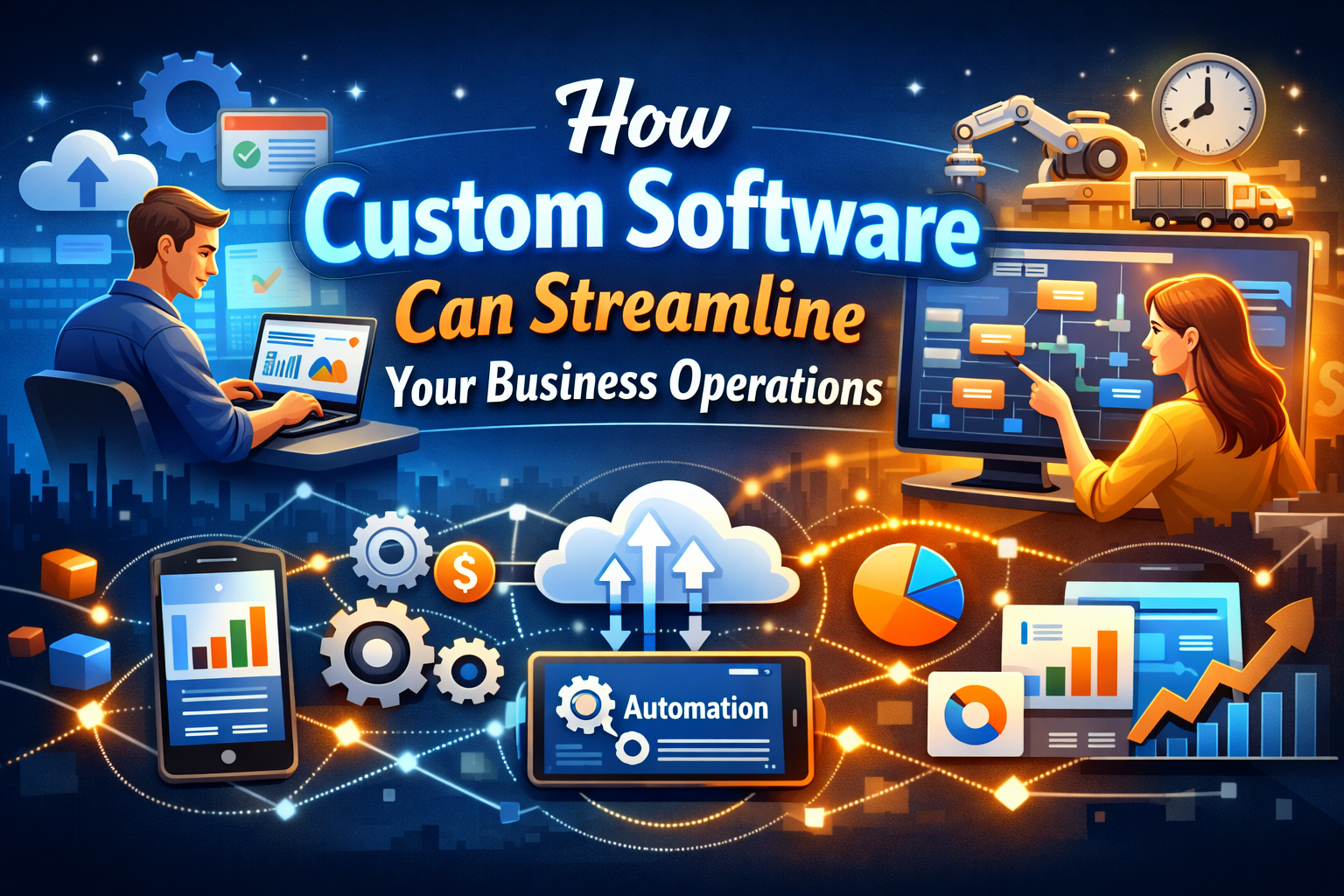Startups Using Virtual Offices for Multi-State GST Registration

How Startups Can Use Virtual Offices to Register GST in Multiple States
Getting GST registration in each state is a big regulatory hurdle for businesses that want to grow all over India. Section 25(2) of the CGST Act, 2017 says that any business that does business in more than one state must register separately in each of those states.
Early-stage companies can’t afford to have offices all over the place. In this case, the virtual office for GST registration is a good, affordable, and useful choice.
Understanding Why Multi-State GST Registration Is Important
India’s GST system registers businesses based on the state they are in.
No matter if you sell goods online through marketplaces like Amazon, Flipkart, or your own website, your business needs a different GSTIN for each state where it does business.
Without proper registration, you can’t legally collect or pay GST in that state, claim input-tax credit for suppliers in other states, or follow the rules for e-way bills and invoices.
A virtual office for GST registration is also very important for businesses that want to reach a national audience without having to spend a lot of money on infrastructure.
What is a virtual office for GST registration?
A virtual office for GST registration gives you a legal business address without having to rent or keep up a real office.
The following compliance documents support these addresses:
a rental agreement or lease deed, the property owner’s NOC (No Objection Certificate), and utility bills (for maintenance or power).
These addresses are in confirmed business centers, co-working spaces, or commercial complexes.
These papers can be used to register as either the Principal Place of Business (PPOB) or the Additional Place of Business (APOB) with the GST authorities.
Is it legal to have a virtual office? Under the GST
Many founders are unsure if virtual offices are legal. The law is clear:
According to Section 25(2) read with Rule 8(4A) of the CGST Rules, 2017, all businesses must register where they do business.
The property can be rented or leased without having to be owned or lived in as long as the owner agrees and the right paperwork is in place.
So, as long as the property owner gives a valid NOC, it is perfectly legal to register for GST using a virtual office.
2. There is a written or notarized rental agreement.
3. The address matches the files that were uploaded to the GST portal.
The Benefits of Virtual Offices for New Businesses
1. Cost-effectiveness
It could cost a lot of money to open real offices in ten states every month.
A virtual office for GST registration usually costs less than 1% of that, so startups can use the money for operations and marketing instead.
2. Growth All over India
In cities like Bengaluru, Mumbai, Delhi, or Chennai, entrepreneurs can quickly get state-specific GSTINs using virtual addresses and start making legal sales in just a few days.
3. Putting on a professional face
Virtual offices give businesses addresses in important business areas so that they can build trust with suppliers, marketplaces, and investors.
4. Easy to follow rules
A virtual office provider handles document preparation, sign installation, and verification support to make sure the GST approval process goes smoothly.
5. The ability to grow
If your business grows into new areas, you can quickly and easily get more GSTINs using the same network of virtual offices.
In detail: How to Use a Virtual Office to Register for GST
Step 1: Choose a Virtual Office Supplier You Can Trust
Pick a supplier that has locations in more than one state and can provide GST-compliant documents like a rent agreement, a NOC, and a utility bill.
Step 2: Get the Paperwork
Get copies of the NOC and Rent Agreement that are notarized or signed electronically in the name of your startup. Make sure that the address on the utility bill from the provider is exactly the same.
Step 3: Apply for GST registration. Fill out Form REG-01 and upload the necessary documents to the GST site under “Principal Place of Business.”
If you are already registered in another state, you can add it as an Additional Place of Business.
Step 4: The GST Officer checks it out Authorities may ask for proof in the form of a photo or an in-person visit. Usually, your provider sets up local verification support, board display, and signs.
Step 5: Get Your GSTIN
Once you get permission, your GSTIN is made. This lets you legally start shipping and billing from that state.
Advice for New Businesses on Following the Rules
• Don’t use your home or a shared residential space; only use business addresses that have been verified.
Keep hard copies of all signed documents at the address where you are registered.
• As soon as your business changes its location or operations, update your GST profile.
• Check that the GST records match the virtual office address on your invoices.
Following these steps keeps you in compliance and lowers the chances of cancellation or notification under Rule 25 (business premises inspection).
Why Startups Like Verified Providers
Startups are starting to rely more and more on virtual office providers that the government has approved, like those that have been certified by business centers or compliance organizations.
• Help with PPOB/APOB registration;
Help with officer verification and GPS tagging;
Tracking compliance after approval;
Making sure all documents are correct for GST approval
By working with these trusted networks, startups can get reliable legal help in every state.
The Future of India’s Virtual Office
As India’s digital economy grows, the government supports compliance methods that are remote and use technology.
The virtual office for GST registration will be even more popular once the GST reforms that include faceless verification and PAN-based common registration go into effect.
The idea is the next step in making rules more digital, which will let businesses grow across the country while still following all the rules. It is not just a quick fix.
To sum up
The cost of physical infrastructure shouldn’t stop new businesses from growing.
A virtual office for GST registration is a scalable, cost-effective, and legal way for new businesses to get GSTINs in multiple states and grow their businesses legally all over India.
Startups can turn compliance into an opportunity by using the right paperwork and trusted sources.
This will save them time and money and give their business a good name across the country.


 English
English 



































































































































































































































































































































































































































































































































































































































































































































































































































































































































































































































































































































































































































































































































































































































































































































































































































































































































































































































































































































































